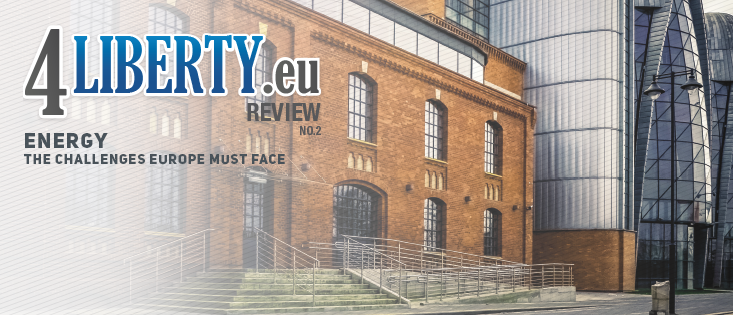
Control or Market: Dilemmas of European Energy Policy
Energy industry is par excellence a major industry. Few businesses have larger money flows than energy. Thus, it is not unnatural that it draws attention of powerful people, public and politics. In 2000s Europe experienced major policy craze with renewable energy that is still riding the waves of popularity, albeit with first subtle hints of realism.



